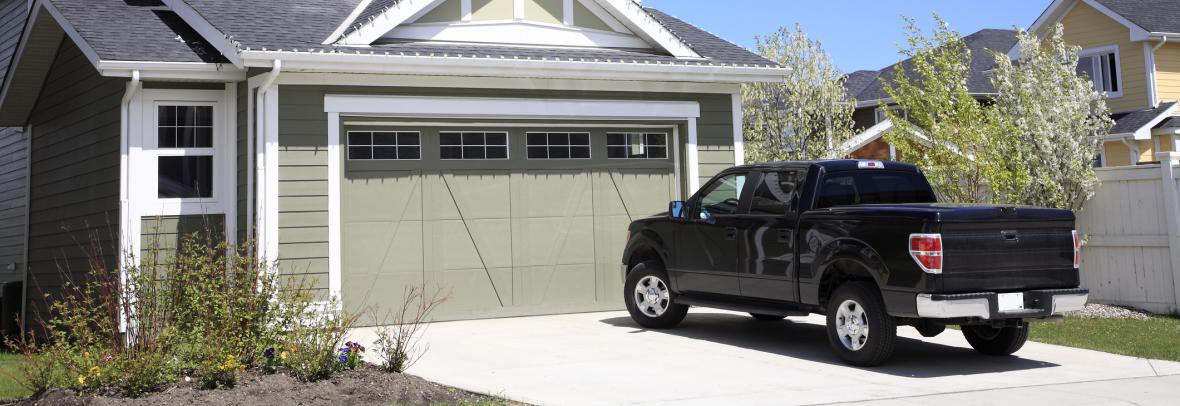Automated license plate readers (ALPRs) now used on many Fla. expressways continue to grow as a security tool. Now more HOAs are adopting it.
MIAMI – During the past several years, a number of deployments by homeowners associations (HOAs) of a new type of security-camera system called automated license plate readers have made headlines in TV, print and online news outlets across Florida. These ALPR cameras automatically read and record the license plate of all passing vehicles, and they appear to be growing in popularity for communities.
Several Florida police departments, including in Coral Gables and Coral Springs, have adopted and deployed these cameras at high-traffic locations, and they use the technology to locate suspects as well as to track and catch unsafe traffic scofflaws. The cameras are mounted on street poles and other fixed structures, and they capture and record all the license plates that come into view.
For HOAs and even some condominium communities, especially those facing security and safety issues and concerns, deploying such cameras at key entrance/exit points with the accompanying signs alerting drivers of the monitoring could represent an effective prevention and investigative tool.
News reports over the last several years have chronicled ALPR installations by Florida HOAs in Coral Springs as well as in the areas surrounding Tampa Bay, Jacksonville, Panama City and Naples. A recent article on the TapInto.net news site that also appeared on msn.com focused on the Kensington Glen community in Coral Springs and its deployment of ALPR cameras that are connected to the city police department’s Real Time Crime Center.
Gil Sternbach, the president of the HOA for the community with 258 homes and no security gates or guard house, describes the cameras as their “invisible gate.” The HOA installed four solar-powered ALPR cameras to read license plates and capture images of vehicles going in and out of the two roads leading into the community.
Sternbach notes that if a crime is reported in Kensington Glen, police can have instant remote access to the data and photos captured by the cameras for immediate investigation.
“We can use this to solve crime as well as serve as a deterrent,” he is quoted in the article, which also reports that the cameras cost each homeowner $40 per year.
The vendors that offer these systems to HOAs are touting the arrests that have already been made thanks to their cameras in communities across the country. Unquestionably, the data and images captured by ALPRs can prove to be invaluable investigative tools for law enforcement should a crime occur in a community, and the highly visible cameras and accompanying signage serve as an obvious and significant deterrent.
HOAs and condominium associations that wish to consider ALPRs should start by consulting with qualified association legal counsel for a review of the community’s governing documents, which may require the vote and approval of all the unit owners rather than just the board of directors.
Their directors and property managers should research the various vendors and their offerings, and associations should also contact their local police department to check if it is participating in an ALPR program similar to that of the Coral Springs Police Department.
In addition to the costs, camera locations and other such considerations, associations will also need to determine who will have access to the data and images in accordance with the restrictions under Florida law, and also how long they will be retained for any future investigations that may arise. Any concerns of owners and residents should be addressed via discussions in board meetings, and directors should take all the community and staff input into account prior to taking a final vote.
One of the best approaches for associations to consider is making the data and images available for review only with prior board approval at the request of local authorities or if there were an incident in the community that warranted investigation, and always in adherence with the state laws governing requests for association documents/records. For any investigations involving unit owners or staff members, the board would need to hold such votes in a private and undisclosed special meeting.
Ultimately, if a board of directors wishes to move forward with an ALPR deployment and is able to do so, the final decision should come in the form of a comprehensive written policy on its purpose and use in the community.
Michael L. Hyman is a shareholder with the South Florida law firm of Siegfried Rivera who has focused on community association law since 1970 and is based at the firm’s Coral Gables office. He is the author of the two-volume “Florida Condominium Law and Practice” and is board certified as an expert in association law by The Florida Bar.
© 2023 Miami Herald. Distributed by Tribune Content Agency, LLC.
By Michael L. Hyman | Read the Original Article Here: Living Room in the Pool?! Sarasota’s Most Expensive Home Makes a Splash
